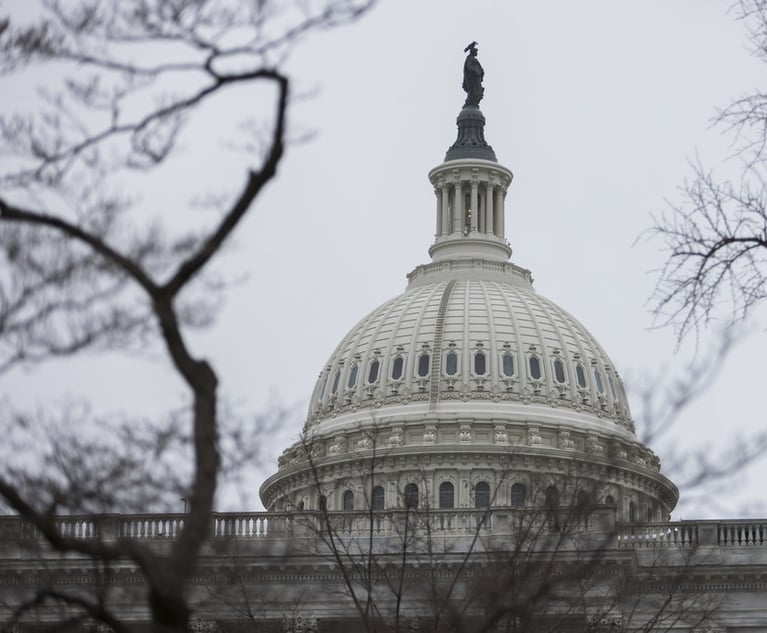It is common for municipalities to request that a zoning applicant provide community benefits or proffers as a condition of a major site plan or other land use approval. Despite the frequency of this practice in the zoning arena, the law imposes serious limits on the legality of requiring such proffers. A recent decision by the U.S. District Court for the Southern District of Florida in Megladon v. Village of Pinecrest, reinforces the limits on proffers established by the holding in the 2013 U.S. Supreme Court decision in Koontz vs. St. Johns River Water Management District. Koontz established the principle that a municipality is not allowed to require financial or similar community proffers as a condition of granting a zoning or other land use application, unless those proffers have a sufficient “nexus and rough proportionality” to the anticipated impact of the project on the community. If a proffer does not meet the “nexus and rough proportionality” test, it may violate the “unconstitutional conditions doctrine” of the Fifth Amendment to the U.S. Constitution, which prohibits the taking of property without just compensation. Given the frequency of requested proffers by local governments and the amount of such proffers, which can be in the hundreds of thousands of dollars, it is important for developers and land use counsel to be aware of the legal boundaries of required proffers.
In the Koontz decision, the U.S. Supreme Court reversed a decision by the Florida Supreme Court regarding proffers required by the St. Johns Water Management District in connection with an application by the property owner to develop a portion of its 15 acres of land. Although the applicant offered to deed to the district a conversation easement on the undeveloped portion of its land (11 acres) to mitigate the development, the district required that the property owner either reduce the development (while increasing the acreage of the property to be deeded to the district) or deed the 11 acres to the district and hire contractors to make improvements to district-owned land several miles away. The court ruled that such proffers— including purely monetary proffers—had to meet the “nexus and rough proportionality” test to avoid violating the unconstitutional conditions doctrine. The court stated: “Our decisions in Nollan v. California Coastal Commission and Dolan v. City of Tigard provide important protection against the misuse of the power of land-use regulation. In those cases, we held that a unit of government may not condition the approval of a land-use permit on the owner’s relinquishment of a portion of his property unless there is a ‘nexus’ and ‘rough proportionality’ between the government’s demand and the effects of the proposed land use.”


 (L-R)Alexander Tachmes and Michael Pego of Shutts & Bowen. Courtesy photos
(L-R)Alexander Tachmes and Michael Pego of Shutts & Bowen. Courtesy photos




